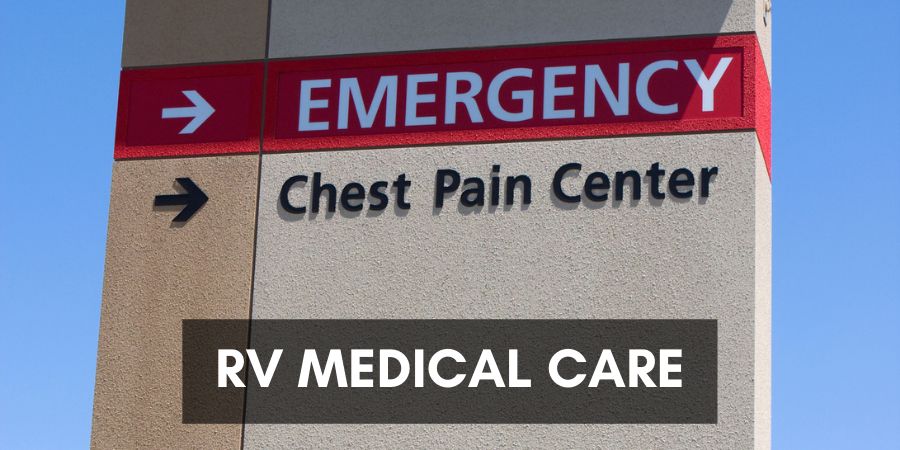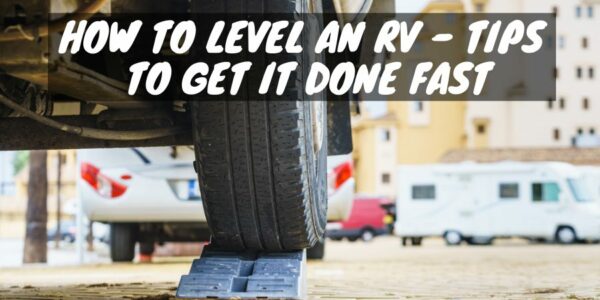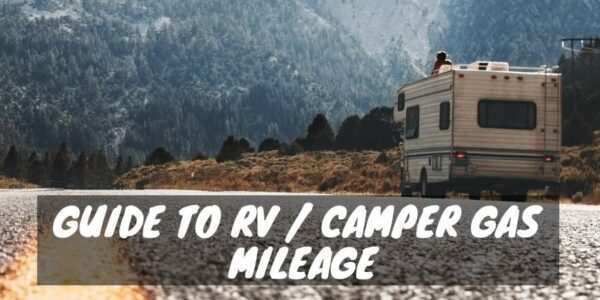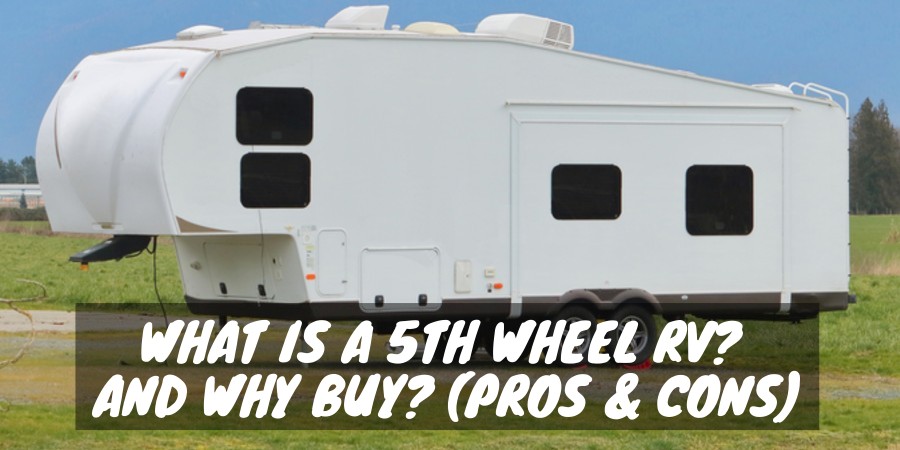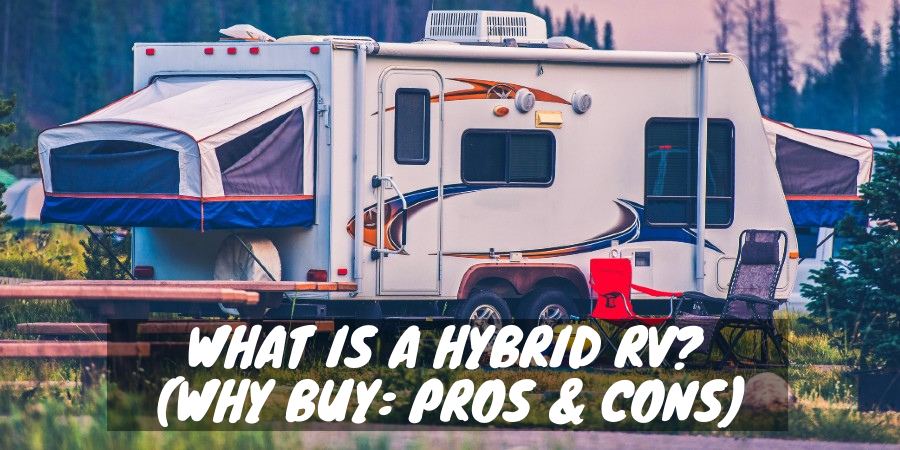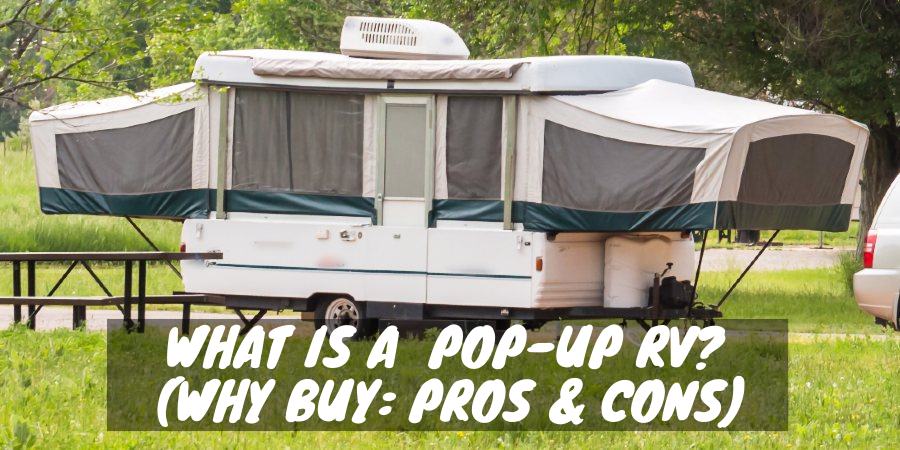No one wants to think about medical issues when they take an RV vacation, but it’s wise to create a backup plan if an emergency arises.
So, what do full-time RV campers do if they need to see a dentist or doctor while on the road?
You can find all the answers about how to obtain medical attention when you RV right here, with advice on preparing for any length trip and tips to pick up prescriptions and find reputable dentists, doctors, and hospitals along your route.
When you know upfront what to expect and what to do when you’re camping and need medical care, your RV trips will be less stressful!
How to Prep for Medical Emergencies When You RV
So many RVers, both weekend warriors and seasonal or full-timers, get so excited about the next adventure that they often overlook the most critical tasks: planning for medical emergencies.
To help you create an RV medical and dental planning checklist, you need to start with the basics and move on to more time-consuming tasks like checking with your insurance carrier about where they will cover medical services.
In the unfortunate event you do need medical or dental assistance while traveling, your preparation will allow you to immediately deal with the situation no matter where you roam in your travel trailer, fifth wheel, motorhome, or pop-up camper.
Step 1: Ensure You and Your Traveling Party Are In Good Health

If you’re planning a long RV trip, try to fit in a medical check-up beforehand to make sure everyone is healthy.
At the same time, check expiration dates for any person taking prescription drugs to control medical issues so you have time to arrange refills for the duration of your trip.
Starting off your trip with a clean bill of health will give you a baseline if things change while on the road.
If you plan to RV full-time, ask your doctor and dentist if you can remain a patient if you travel back to the area yearly for check-ups or more often if you need bloodwork or other tests.
Doing so alleviates the stress of finding new health practitioners along your routes, keeps all your medical information in one place, and makes it simple to get prescription refills and deal with insurance.
If you don’t plan to travel back to your home region, you’ll need to set up a time to collect copies of your records.
Step 2: Gather Pertinent Health Records
You never know where you’ll end up needing to see a dentist or doctor, and often, access to records may be difficult to obtain from a practitioner in another state in a timely fashion.
Call your providers to get copies of medical and dental records and prescriptions with dosing information. Also, make a list of allergies of all members of your traveling party.
Put all the information together so your travel file is up to date, and include phone numbers and addresses of places you’ve had treatment for reference.
Don’t forget to add any prescriptions for glasses or contacts as well, in case you need replacements on the road.
Would you please take the time to include copies of documents such as any wills, especially for Advance Medical Directives or Living Wills?
Most people like to avoid dealing with these tasks, but legal forms will make it easier for you to convey your medical or end-of-life care wishes to medical staff.
Step 3: Switch to a Nationwide Pharmacy

If you aren’t currently with a national pharmacy chain, such as CVS, Walmart, or Walgreens, switch your prescriptions over before leaving on an extended RV adventure.
You’ll have a much easier time arranging your travels to pick up medicine at companies that have thousands of locations across the US.
If you get your medications or contact lenses by mail, don’t fret. You can usually have the packages sent by express mail to a campground or local post office via “general delivery” in the town where you know you’ll be staying.
Do plot out your travel route and approximate dates you’ll need refills sent so you can mark your calendar and research mail drop-off locations.
Step 4: Create an RV Drugstore
You should always have your motorhome, RUV, fifth wheel, travel trailer, or other types of recreational vehicle stocked with basic medicines such as:
- Aspirin, Tylenol, Advil or other pain medications
- Cold and flu medicine
- Allergy medicine
- Antibacterial ointments
- Anti-itch cream
- Intestinal or stomach medicine like Milk of Magnesia or Imodium
- Bandages and band-aids
- Rubbing alcohol and hydrogen peroxide
- Aloe vera gel for sunburns or rash
- Ear and eye drops
Having a good stock of supplies inside your camper will reduce the stress of trying to find an open store at 3 AM when your child wakes up with a fever.
Do check the expiration dates of all supplies and refresh them as necessary.
Step 5: Research Medical and Dental Facilities Along Your Route
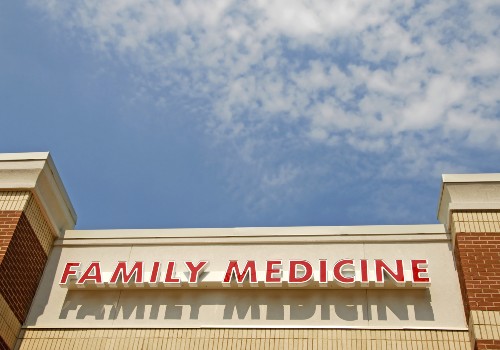
Plot out the route you plan to take in your RV, and highlight all the major hospital locations, along with urgent care centers and pharmacies that offer shots and basic medical needs.
If you suffer from a specific ailment and may need specialized treatment, such as dialysis, create a map that marks all locations that offer the service and make a list of names so you can cross-reference them with your insurance carrier.
For dental issues, consider switching over to a nationwide chain such as Aspen Dental, which has offices in most large cities and can streamline record-keeping. By using a dental network, you won’t have to start from scratch at each visit as you would when going to a local dentist near a campground.
Most of the time, medical attention while camping is necessary for accidents like minor cuts from trips and falls, dehydration, sprains, or broken bones.
An urgent care center can handle many of these for much less cost than heading to the closest emergency room, so knowing their locations is essential.
Step 6: Go Over Your Insurance Coverage Carefully
If you have medical insurance, don’t assume you can pop into any hospital, doctor’s office, or urgent care center and have the treatment cost covered.
Find out the specifics of what care is covered at which locations so you aren’t searching for medical assistance when you need help quickly.
You also don’t want to get stuck with a huge bill to pay because you find out later the hospital was out of network.
If you find your insurance doesn’t transfer out of state or your care choices are minimal, you should switch to the main insurance plan that provides a wide network of providers.
You can also opt to purchase separate travel insurance for short trips that take you at least 100 miles from your home.
Some policies cover expected trip expenditures but also include medical care, transport, or evacuation if necessary.
RVers With Medicare Coverage
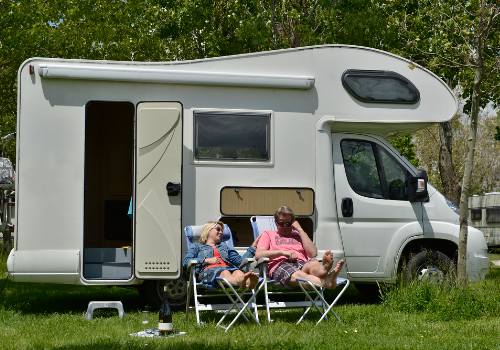
If you’re on Medicare, you may have the straight policy, which means you can see any healthcare provider or hospital accepting Medicare and paying your 20% co-pay of the total cost, with insurance paying the balance.
For a small medical bill, this may not seem too bad, but even a $5,000 bill will leave you with a $1,000 payment that can derail your camping and RVing plans.
Don’t just assume if a doctor or hospital takes Medicare, you’re good to go, as many aren’t taking in new patients unless you go straight to the emergency room.
If you have a supplemental Medicare policy, you pay a monthly premium. After reaching your out-of-pocket deductible limit, Medicare will cover everything else if you see an approved provider.
Medicare Advantage plans use an intermediary health insurance company to process claims. These plans can cause the most issues for RVers who travel long distances from their home base.
Why?
Because many RVers do the legwork and call to see if a healthcare center accepts their plan and are told yes. After treatment, they find out that they are out of their carrier’s regional treatment network and are now stuck with the charges unless they have already hit the plan’s “out-of-network” deductible for the year.
You must always go a step further and clearly understand what your in-network region coverage area is and how much you’ve paid toward deductibles for both in- and out-of-network medical care.
Want to Connect With a Community of Over 1,078 RV Enthusiasts?
Even if you walk into a doctor’s office and you walk out only paying the standard co-pay, the staff may not know you’re technically out of network until they submit the claim.
If you don’t think your insurance coverage will suit your travel plans, switch to a program that offers more flexibility.
If you don’t carry any health insurance, do your best to stay healthy and avoid accidents. Most importantly, have an emergency fund to pay cash for treatment if necessary.
RVers With VA Coverage
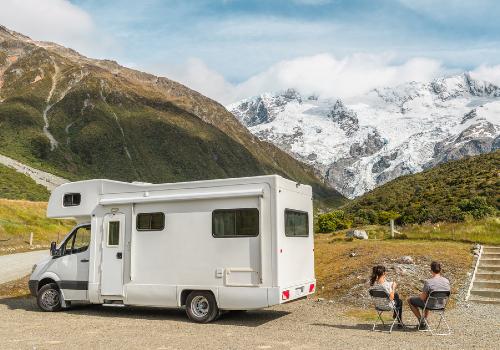
Each VA location may treat patients differently, but all should be able to access your medical records if you first register at each particular hospital. If you don’t register, you won’t “exist” in the system even if you’ve been treated at VA hospitals elsewhere for years.
After you register, you should get any of your medications outside of those that are narcotic.
For those medications, you’ll need to get them from your original VA office or have them arrange for a doctor to see you at your current location for approval, so plan accordingly.
Step 7: Create a Database of Health Providers By Location
Before you head off in your recreational vehicle, start a database of contacts for medical, dental, and vision providers in areas where you plan to camp.
Cross-reference them by checking with your insurance carrier, reading online reviews, and getting referrals from friends or online RVing forums from those local to the areas you’re visiting.
Discard any health providers that don’t meet your needs, so you aren’t wasting time calling or visiting places that can’t help you.
As you travel, you can build a list by state or region for quick reference. In addition, you can gain plenty of information on reputable local caregivers from campground staff and guests during campsite chats, which you can add to your database.
Where to Go for Medical Attention if You’re Camping or RVing
Here are the top places to get medical help when you RV and what they provide:
Urgent Care Clinics
- Cuts, burns, bug and animal bites
- Colds and flu
- Falls, sprains, and broken bones
- Ear infections and pink eye
- Allergic reactions and asthma
- Sinus infections
- Bronchitis and strep throat
- Many perform lab services
- Urinary tract infections
Care Clinics at Major Pharmacies
- Minor cuts, burns, and bites
- Colds, flu, vomiting, and diarrhea
- Bruising and sprains
- Ear infections
- Allergic reactions and asthma
- Sinus infections
- Sore or strep throat
- Heartburn and indigestion
- Urinary tract and yeast infections and STD treatments
- Splinter removal
- A variety of health screenings and shots
- Birth control and pregnancy evaluation
Local Doctor or Dentist

A local doctor or dentist should provide general check-ups, x-rays, teeth cleaning, emergency dental repairs, and treat the same minor maladies the urgent care and pharmacy clinics offer above.
Do be aware that many dentists and doctors won’t take on new patients or will charge a hefty “first visit” fee to get an appointment.
I find urgent care and pharmacy clinics like CVS MinuteClinic and Walgreens Health Clinic do a great job covering most general illnesses and injuries RVers experience at an affordable rate.
When I cut myself on a rusty nail while camping, I went right over to the local Walgreens Health Clinic and got it cleaned up, bandaged, and out the door, complete with a tetanus shot booster for $60.
Hospital Emergency Room
The obvious reason to hit the ER at any hospital is in dire circumstances, such as a heart attack, stroke, serious injury, or unconsciousness. MRIs, X-rays, and CAT scans are other reasons to go to a hospital over a doctor’s office.
But, there are times when the local ER is the only place open when you need help with less severe medical needs, and you’ll need to decide on whether or not it’s worth it.
Do expect to fill out lots of forms, wait a long time, and provide insurance details. Hopefully, the hospital is a part of your network.
Final Thoughts
Whew! That seems like a lot of work to take an RV trip and be ready for medical needs, but most of the effort is a one-and-done task, and you’ll feel much more in control once you have all your information in order.
I hope the steps in this guide help you organize your RV medical travel plan. It’s so much easier to relax knowing you have done all you can to deal promptly with emergencies, small or large, anytime you hit the road in your RV!
Healthcare Planning For RV Life (Video)
"Man cannot discover new oceans unless he has the courage to lose sight of the shore."
-- Andre Gide

